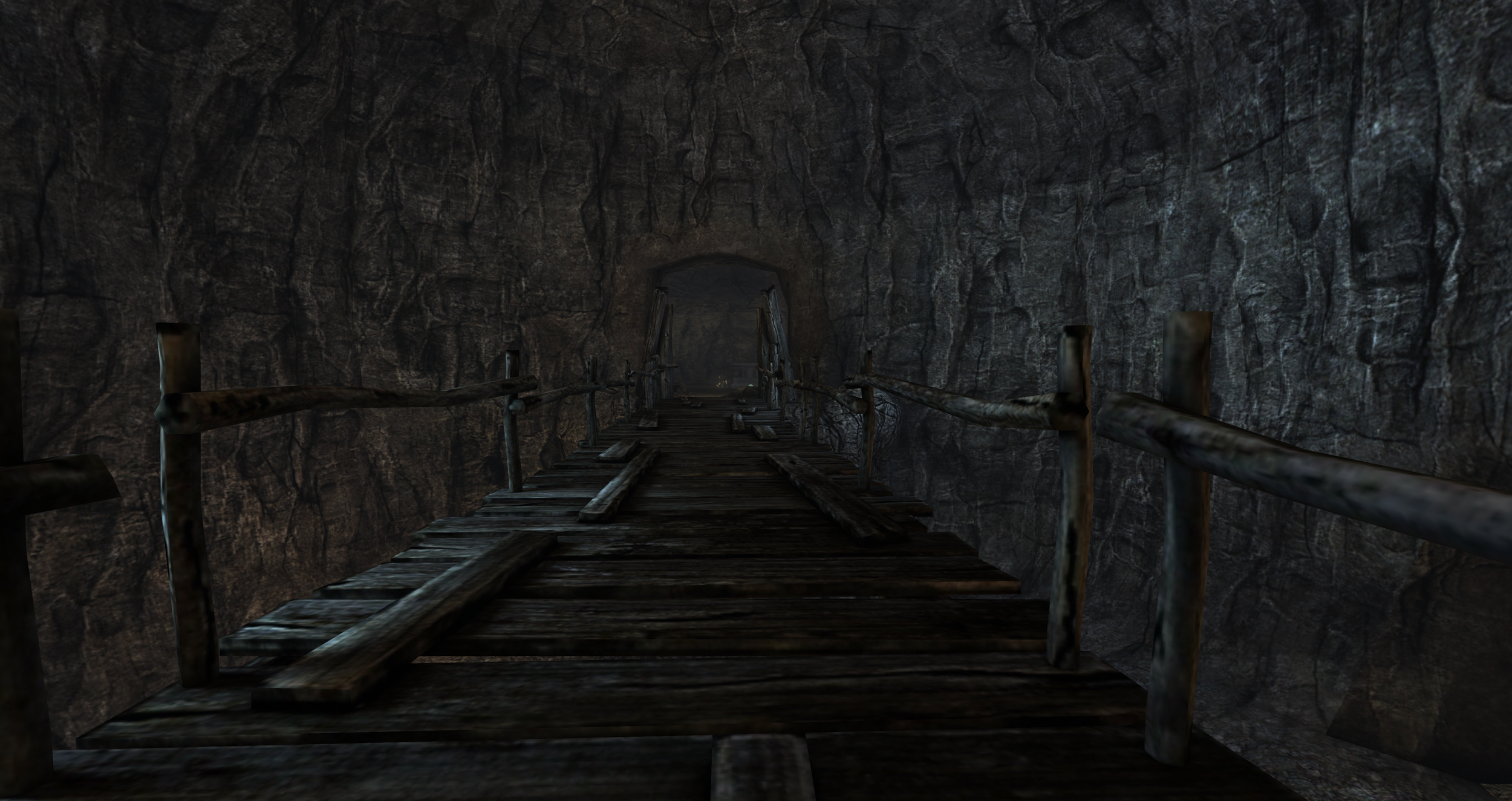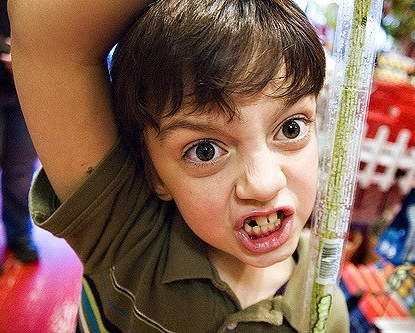Clash: Conversation between the wealthy and the poor at the dawn of a new class war
/I love cultural experiences and I've joined a lot of different groups in order to understand different perspectives.
Recently I had a conversation with a group of wealthy intellectuals who I had come to know and enjoy, though their culture is quite different from mine. Yet in this case the clash of cultures and understanding proved too great for much accord and the divide worries me.
Creative Commons image by Hamza Butt (
I will not use names or other identifiers here because the point is not to call anyone out but rather to show a crucial gap of understanding that is developing in our society, due to different groups living inside social bubbles of their own race and class. Because in this particular conversation there was little or no variation between members of the group, I will use an agglomeration of real statements to both shorten and clarify the discussion.
As such, this is a recreation of a lengthy discussion I had with a group that is essentially a foreign culture to me. We are all either Americans or Western Europeans. We are all intellectuals and significantly educated. Most of the group previously had expressed support for the US Democratic Party and/or liberal-leaning views. So we share a great deal, yet I was an exception in the group because I am not of the same economic class.
I will call one side in this discussion Wealthy Liberal Intellectual (WLI) and the other side Scraping-by Progressive Intellectual (SPI) to illustrate where the divide is, although I was the only person in the latter group at this time.
Here is how the discussion went:
WLI: Trump's attack on health care is unfortunate. We should be compassionate on health care. However, I doubt the media reports about people in the US being denied essential health care before the ACA are entirely true. I have certainly never encountered a real person who was denied essential health care in the United States.
SPI: You may not have previously encountered a person who was denied essential health care, but now you have.. I can give you several specific examples in as much detail as you would like. About ten years ago, for instance, I was injured in a fall in the US. My shoulder was partially dislocated, two ribs were broken and one punctured my lung and the lung collapsed 10 percent. I was driven to an emergency room and eventually had an X-ray that showed these issues. I was given a sling and proscribed pain killers. This cost was $3,000. I couldn't pay all of it right away and some was paid for by an emergency fund. However, I was not kept in the hospital for observation. My shoulder was also not repaired but left to heal badly and crooked in a way that causes permanent deformity, pain and weakness in that shoulder. When I later sought advice for the pain from doctors in Europe, I was told that A. the shoulder needed to be operated on immediately to prevent long-term harm and B. the lung issue was life threatening at the time and I was lucky to have survived without adequate medical care. Those interventions would have been extremely expensive and they were beyond what I could pay at the time. I was told that my lung was in a dangerous condition and that I should probably stay in a hospital overnight, however, it would take months to find out if an emergency fund would cover it and I would have to risk putting my family in serious debt to stay. I was not informed at all about the need for an operation to my shoulder. I can give other examples from just my own life and that of my nearest family and friends. This is the reality of the majority of people in the United States before the ACA.
WLI: I'm sorry that you feel life has served you so poorly. You were given health care. You probably shouldn't be complaining about it. And as you can see there was an emergency fund. that you benefited from.
SPI: I didn't say life had served me poorly and I am not complaining. I'm merely presenting the facts of a case. According to medical doctors in Europe this did not constitute "essential emergency medical care." It resulted in long-term harm and deformity. My shoulder is still not the right shape and it never will be because the surgery cannot be done once the injury has healed poorly. There was a very small and inadequate emergency fund. These are simply facts. I have been very fortunate that I did not have much worse complications. In fact, I was fortunate to live and not lose the rest of my sight due to that particular accident. I am also fortunate to have access to European health care, something most Americans don't have. Far from saying life served me poorly, I'm saying I am one of the lucky ones who survived this disastrous system. These problems affected at least half the US population and still affect some. It is immeasurably worse for families with serious and chronic illnesses, such as cancer.
WLI: This is, if anything, an isolated case. I wonder what you're trying to prove and why it is so important to you to go on about this.
SPI: I read your statement saying that you had not encountered a real person in this kind of situation. I wanted to give you this information and experience outside of your previous experience, because it is the experience of a great many people in the United States.
WLI: Many people still come to the US for health care from countries that have universal health care. Many of our members live in countries, like the UK or Canada, with universal health care. There are major problems there and the United States is still the world leader in medical technology. We would not be able to provide this technology if it didn't offer significant profits.
SPI: I have experience in a country with universal health care as well, in the Czech Republic, which is not even a particularly wealthy country. I'll admit that health buildings here are often a bit spartan and hospital rooms can be small or if they are large they are shared by multiple patients. But the quality of actual care both in terms of human care and technology is sate of the art. Last winter I had high-risk eye operation to save my residual sight. There have only been about 500 similar operations in the whole world and it is one which requires very specialized technology and a precisely skilled surgeon.
WLI: You should respect the experience of those who know more than one system. I have heard of there being long wait times for critical procedures in some countries with universal health care. I wouldn't want to give up the benefits of the American system.
SPI: You dismiss any facts I present. When you won't look at specific cases, it is no wonder you haven't noticed any person who was denied health care in the US. Ignoring the facts and continuing to promote this system, when you have said you are for human rights... It's disgusting. It is a life and death issue for a great many people. I have experience with more than one system, in the US, in the Czech Republic and in Germany, even in Zimbabwe and Ecuador. Why is my experience invalid compared with the experience of others? And can you give any specific examples of problems in countries with universal health care? I have never encountered long wait times in countries with universal health care, except for transplants which always entail a wait.
WLI: You need to apologize. You just won't listen and you want everyone to feel sorry for you. I don't see why we can't all contribute to society, why you seem to think some people should get everything for free.
SPI: I think it is important to gain experience from beyond your own circle of friends and your own bubble of experience. This is why I'm presenting these facts. I can give details and other cases if that would help.
WLI: You just honestly don't get it, do you? The group feels you need a time out.
SPI: I have been considering leaving this group. I have noticed in the past that this group is very dismissive when I post about climate change, even though you claim to be concerned about these types of issues. However, I enjoy other parts of this group and I like to know people from beyond my usual circle as well.
WLI: I have no doubt that our children will have it easier than we do, just as we have it easier than our grandparents did. That really isn't an issue worth worrying about.
SPI: Climate change is already having a devastating impact. You are intelligent and you have seen the data. You know that we have incurred ecological debts that someone will have to pay in the end.
WLI: There will be other resources in the future. Once it was coal and iron. Now it is oil. In the future it will be wind and solar. Each generation uses different resources, so each generation will be better off than the one before. There is no ecological debt.
SPI: I am not sure the endless resources theory will work in practice, but even if it did, this is more about human-induced climate change, which is already impacting a great many people and making life, let alone business, much harder. It is growing year by year. Do you still say that the next generation will have it easier?
WLI: My son and daughter are successful in business and my granddaughter is looking into modeling. Sure, I think they will have wonderful lives. You think you are the only one who has had a difficult life and had to struggle to get somewhere. That isn't the case. It's just that you talk so much about how rough you've had it.
SPI: It takes my breath away and makes me sick to my stomach to read this. I don't think I've had it bad. I am much more concerned about the next generation.
WLI: I've had enough of your insults. You're blocked. Have a good life.





















